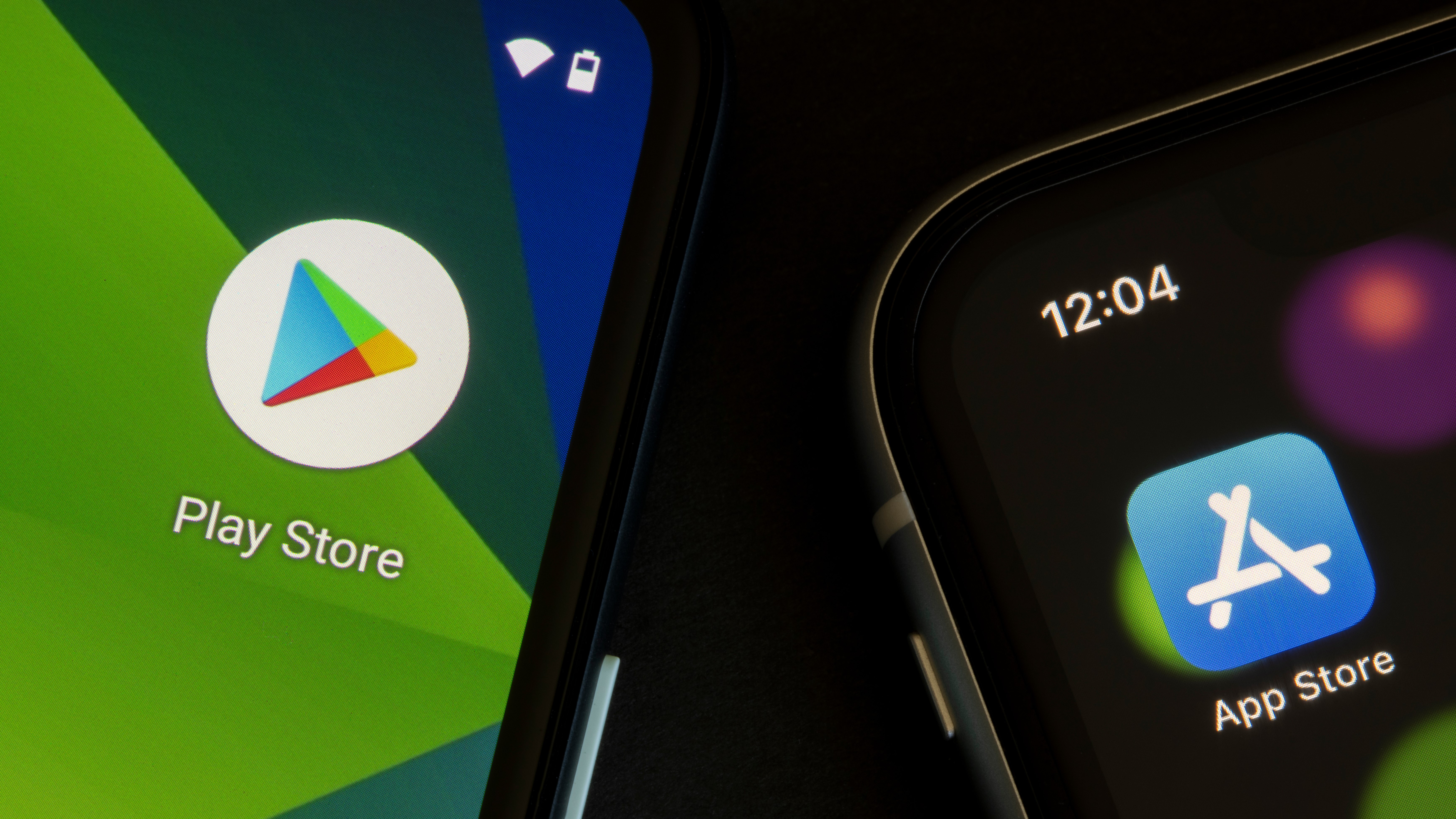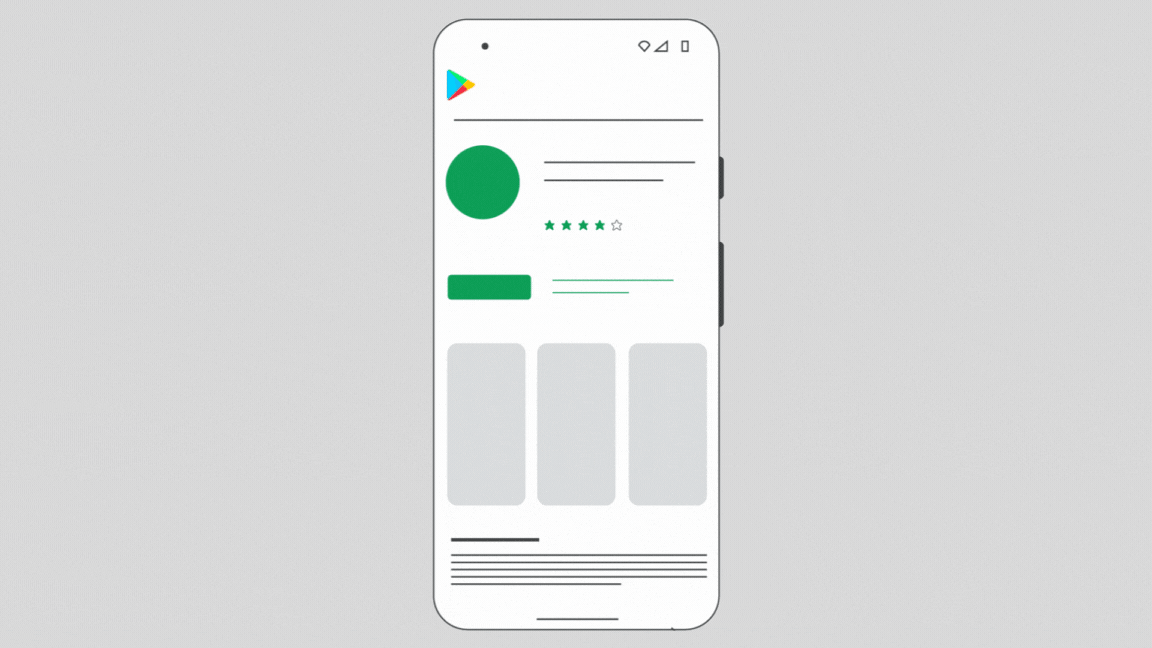Android apps could soon be forced to give you one of Apple’s best privacy features
Wrestle back control of your private data

The Play Store on your Android phone is set to get a big privacy update, with Google announcing that it will soon force developers into letting you delete an account you create with their apps, as well as any personal data the app might retain.
Right now, even if you delete an app from your phone the developer might still be holding onto some of your personal data – such as your email and any other information you entered to create an account within the app. Starting in early 2024 that’s set to change, with Google unveiling a new policy that will make Play Store app developers give you a clear way to clean up any data they have from you.
At a minimum, all developers will be forced to give you an easy way to delete your account and all associated data within the app, and also through a non-in-app method – such as a web browser. The latter option will ensure you won’t need to waste time reinstalling apps you’ve long since deleted just to wrestle back control of your private info.
Developers will also have the option to give you choice over what data is deleted. Perhaps you don’t want to delete your whole account just your activity history, or just delete the images and videos you’ve uploaded to it – though not every app creator will offer this service.
Lastly, it's worth noting that Google’s policy won’t guarantee that all of your data is deleted when you ask it to be. There’s a clause that allows developers to retain some limited data for “legitimate reasons” including security, fraud protection, and regulatory compliance – though, any app that keeps data this way will be required to clearly outline its practices.

Developers will have until December 7, 2022 to submit answers to new questions in a Data Safety form, with App Store changes set to go live later at some point in early 2024.
However, app creators can file for an extension to give themselves more time to comply with the changes – with the extension lasting until May 31, 2024. So it might still be a while yet before you completely regain control over the data apps store about you.
Get daily insight, inspiration and deals in your inbox
Sign up for breaking news, reviews, opinion, top tech deals, and more.
Playing catch-up with App Store Privacy
A policy like this is nothing new in the mobile app world – Google is actually lagging a fair way behind Apple in this regard. Any app published on the Apple App Store has had to let you delete your account since June 30th, 2022.
Google’s policy will introduce an extra benefit though, making it a slightly better version of Apple’s policy. Apple doesn’t mandate those apps give you a web-based way to delete your account and data – only that there has to be an in-app way to remove it if you can create an account in-app.
Other than this, however, both policies seem equally robust and are a great privacy feature that’s sure to benefit the security conscious amongst us. Just note that if you delete your account – at least in App Store apps – developers aren’t required to automatically suspend any auto-renewing billing you've set up through Apple. The app should warn you about this, but it’s worth canceling your subscription before you delete the account just to be safe and to avoid paying for a service you can’t access.
Looking for more ways to keep your data private? Check out our picks for the best VPN services, helpful tools that can help keep your personal info hidden from online apps and sites.

Hamish is a Senior Staff Writer for TechRadar and you’ll see his name appearing on articles across nearly every topic on the site from smart home deals to speaker reviews to graphics card news and everything in between. He uses his broad range of knowledge to help explain the latest gadgets and if they’re a must-buy or a fad fueled by hype. Though his specialty is writing about everything going on in the world of virtual reality and augmented reality.